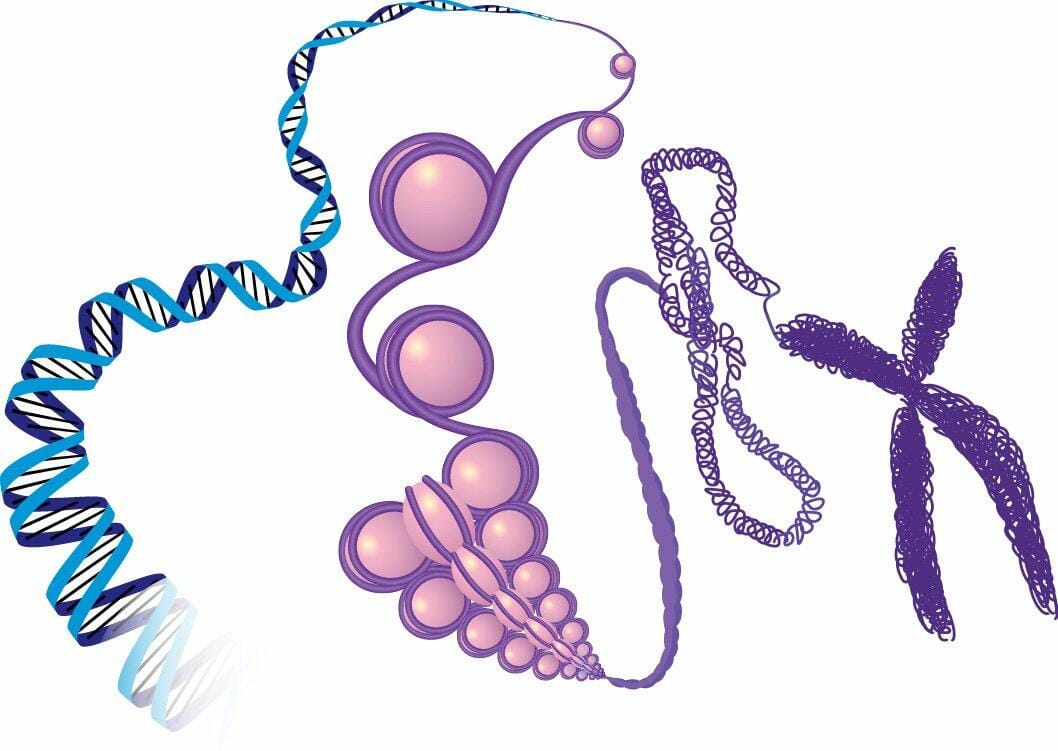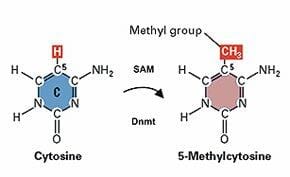Epigenetic marks associated with aging can predict cancer

 A recent study demonstrates that epigenetic marks generally associated with aging are actually indicators of cancer. Scientists from the RWTH Aachen University Medical School have published in PLoS Genetics a work that analyzes DNA methylation (DNAm) patterns in normal and malignant tissues. Qiong Lin and Wolfgang Wagner discovered that normal tissue epigenetic marks can have age-predictive properties, but not diseased ones. In cancer tissues, apparent epigenetic age-predictions correlate with clinical parameters and overall survival in several types of cancer.
A recent study demonstrates that epigenetic marks generally associated with aging are actually indicators of cancer. Scientists from the RWTH Aachen University Medical School have published in PLoS Genetics a work that analyzes DNA methylation (DNAm) patterns in normal and malignant tissues. Qiong Lin and Wolfgang Wagner discovered that normal tissue epigenetic marks can have age-predictive properties, but not diseased ones. In cancer tissues, apparent epigenetic age-predictions correlate with clinical parameters and overall survival in several types of cancer.
Our DNA has chemical modifications that constitute our epigenome. This is an additional regulation layer that has effects in embryo development, cell fate and gene activation. Upon aging, certain epigenetic modifications accumulate in our genome, allowing researchers to do epigenetic age-predictions. These modifications can also be the cause of certain diseases in the elderly. In non-malignant tissues, these epigenetic changes allow an approximate prediction of the person´s age. However, little is known about cancer tissues. In the present study, the researchers analyzed 5,621 DNAm profiles of 25000 cancer types from The Cancer Genome Atlas (TCGA). They discovered that age did not correlate with specific epigenetic patterns, and partly attributed that to the fact that cancers evolve from a starting tumor cell and capture the epigenetic landscape of that cell. However, the most interesting finding is that the aberrant age-associated methylation patterns in cancer tissues, although not age predictive, show a coherence and are coordinately regulated. For example, in acute myeloid leukemia (AML) higher epigenetic age-predictions are associated with increased incidence of mutations in RUNX1, WT1, and IDH2, whereas mutations in TET2, TP53, and PML-PARA translocation are more frequent in younger age-predictions. More importantly, patterns are associated to survival in many cancers.
These study will be extremely useful, as DNA methylation patterns can be used for prediction of tumorigenesis and cancer prognosis.
